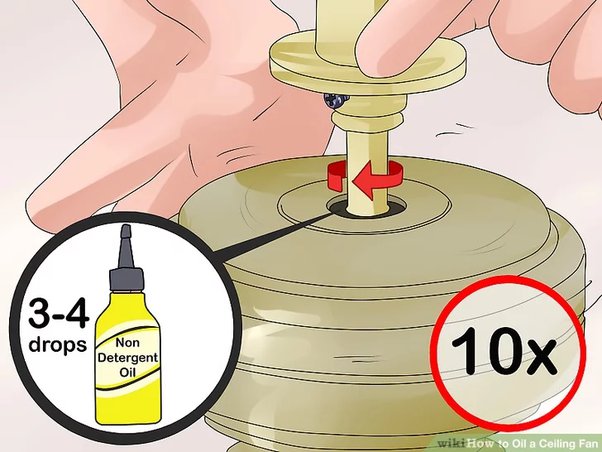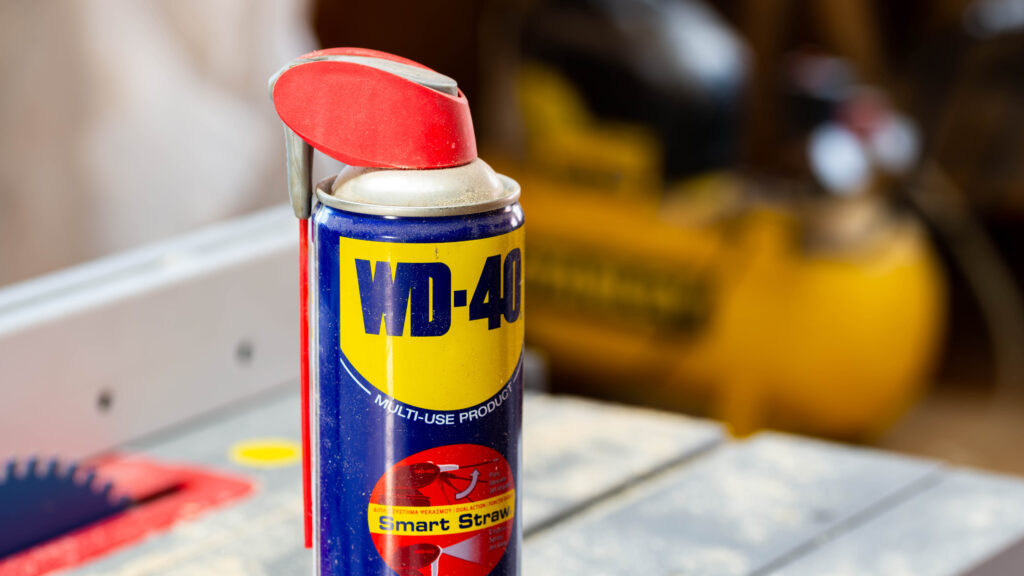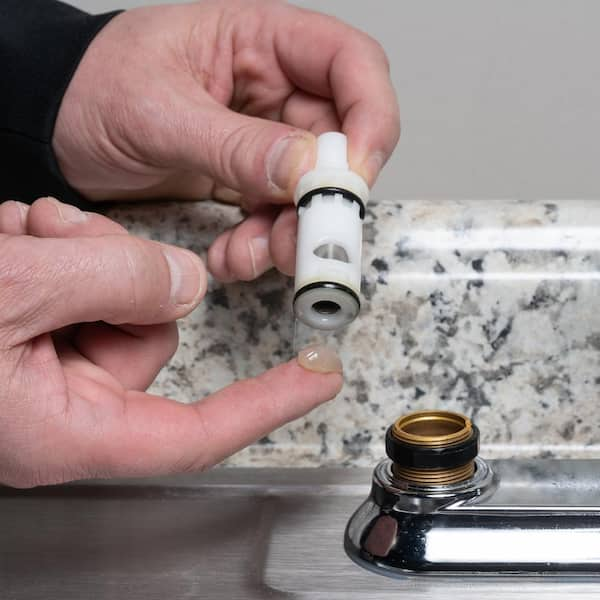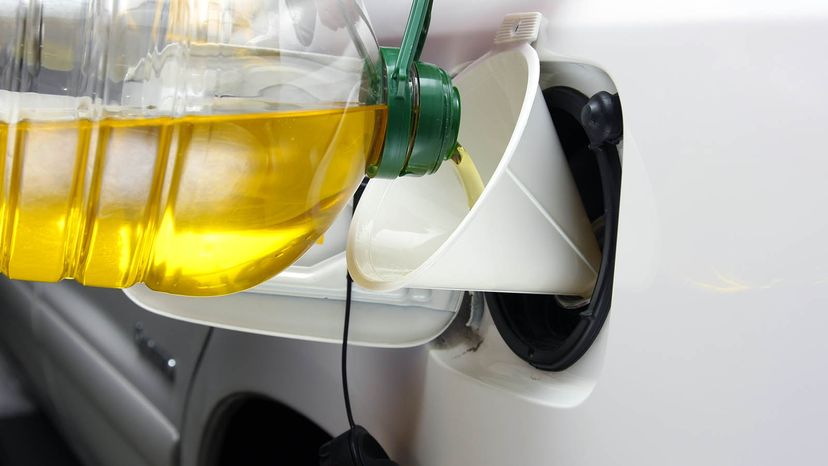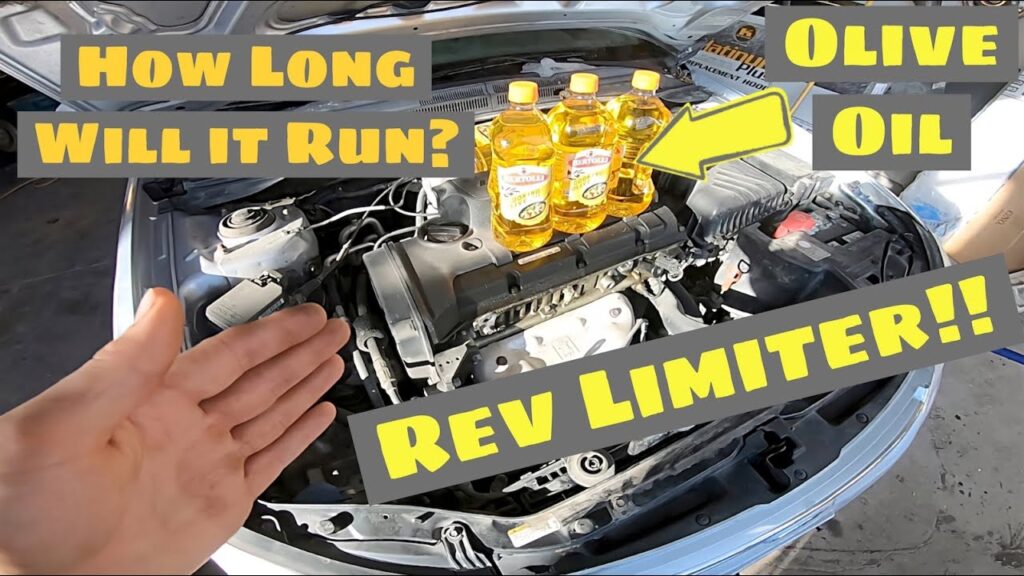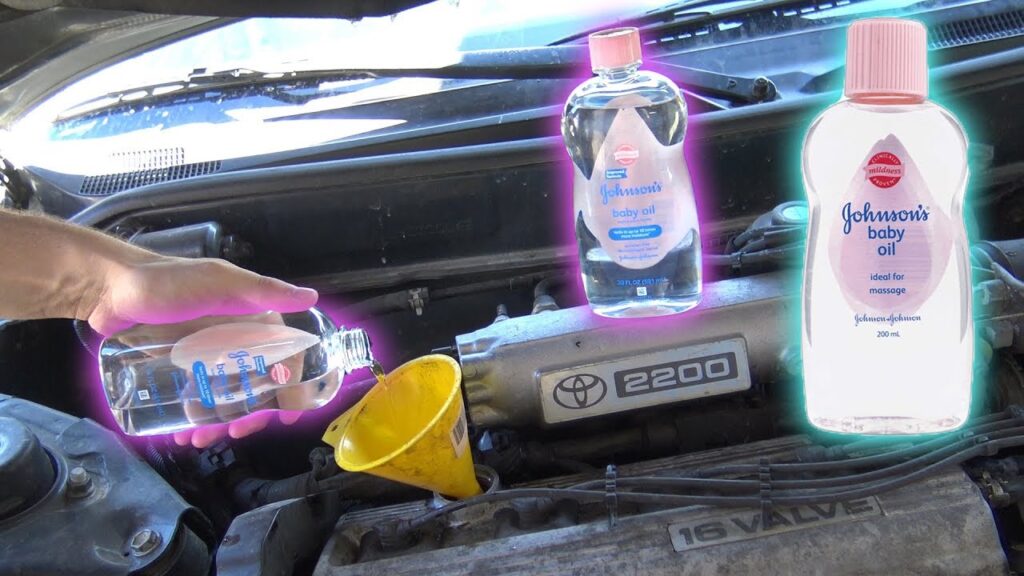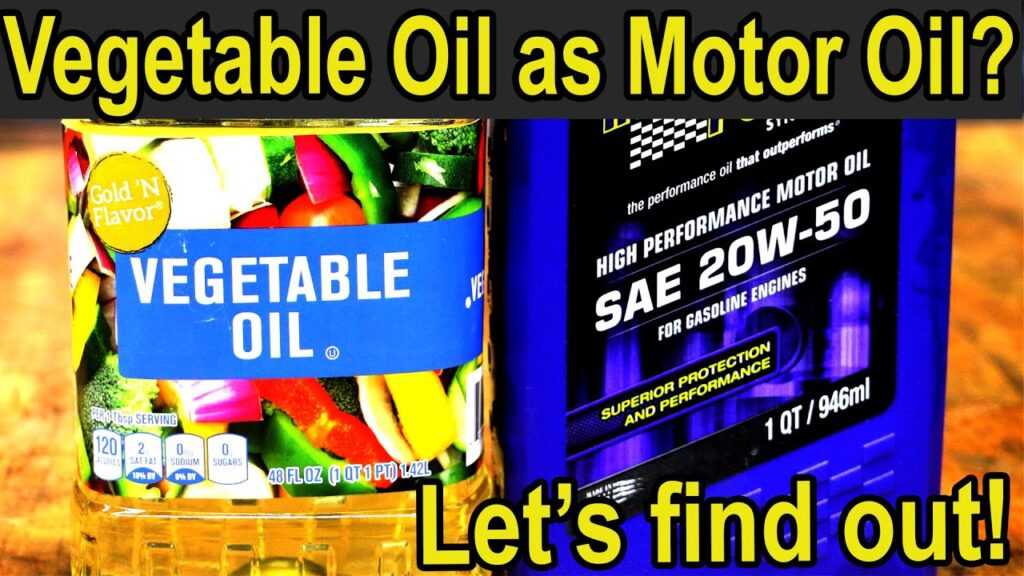Can I Use Cooking Oil for Fan Lubrication? Myths Busted!
Can I Use Cooking Oil to Lubricate a Fan? When it comes to maintaining household appliances like fans, ensuring proper lubrication is essential for their longevity and smooth operation. One common question that arises is whether cooking oil can be used to lubricate a fan. Let’s delve into this topic and explore the dos and […]
Can I Use Cooking Oil for Fan Lubrication? Myths Busted! Read More »

